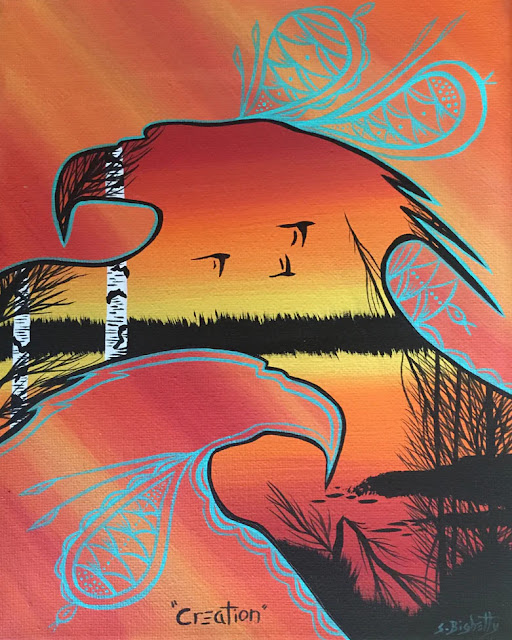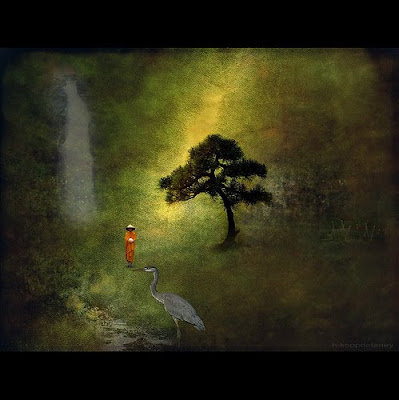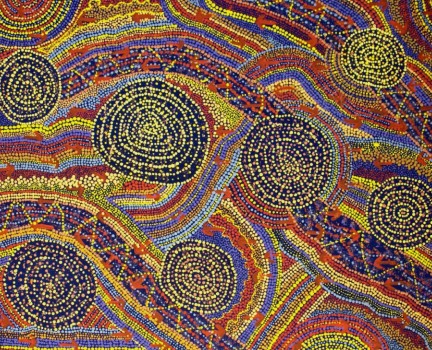As long as there is the body and the sense of identity with the body,
frustration is inevitable.
All changes in consciousness are due to the "I-am-the-body" idea.
Divested of this idea, the mind becomes steady. There is pure being,
free of experiencing anything in particular.
You are accustomed to dealing with things, physical and mental.
I am not a thing, nor are you. We are neither matter nor energy,
neither body nor mind.
While alive, it [the body] attracts attention and fascinates
so completely that rarely does one perceive one's real nature.
It is like seeing the surface of the ocean
and completely forgetting the immensity beneath.
As long as you take yourself to be a person,
a body and a mind,
separate from the stream of life,
having a will of its own,
pursuing its own aims,
you are living merely on the surface,
and whatever you do will be short-lived
and of little value.
When you desire and fear, and identify yourself with your feelings,
you create sorrow and bondage. When you create, with love and wisdom,
and remain unattached to your creations,
the result is harmony and peace.
But whatever be the condition of your mind,
in what way does it reflect on you?
It is only your self-identification with your mind
that makes you happy or unhappy.
Rebel against your slavery to your mind,
see your bonds as self-created
and break the chains of attachment and revulsion.
Keep in mind your goal of freedom,
until it dawns on you that you are already free,
that freedom is not something in the distant future
to be earned with painful efforts,
but perennially one's own, to be used!
Liberation is not an acquisition but a matter of courage,
the courage to believe that you are free already
and to act on it.
We are free 'here and now',
It is only the mind that imagines bondage.
Once you know your mind and its miraculous powers,
and remove what poisoned it
-the idea of a separate and isolated person-
you just leave it alone to do its work
among things for which it is well suited.













.jpg)





























